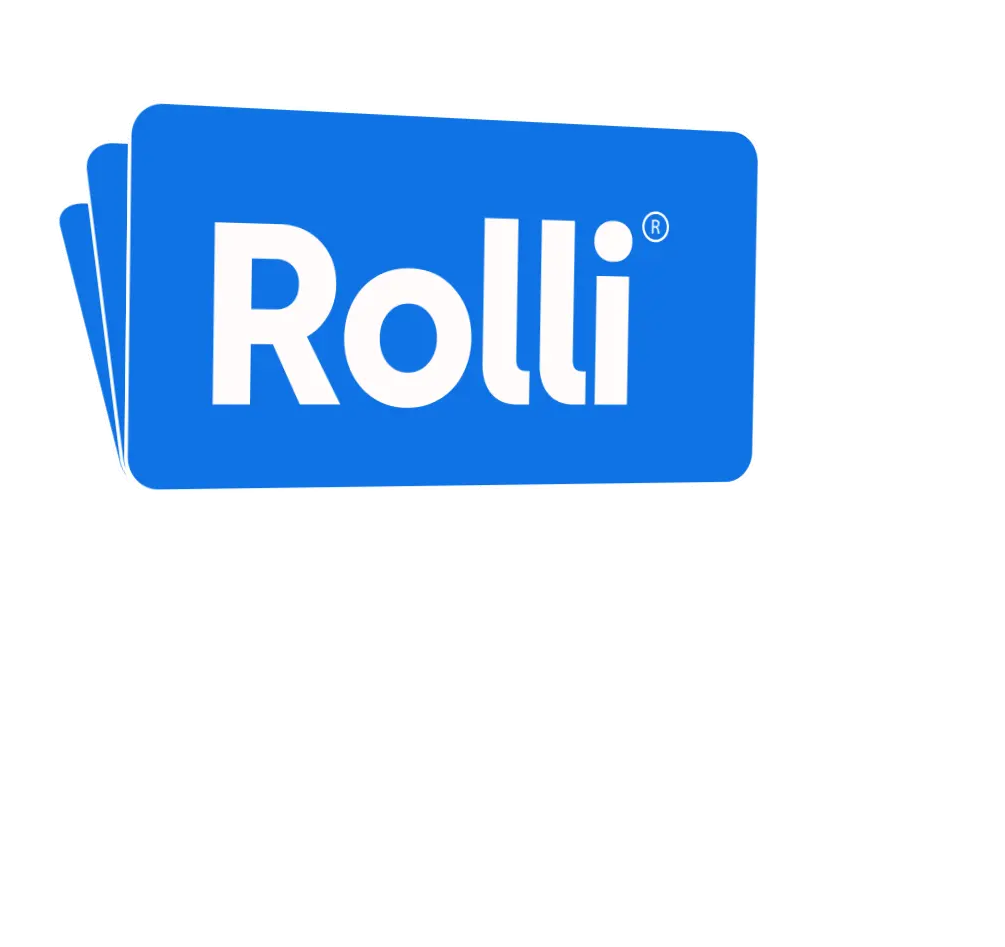Crafting Effective Journalist Interview Questions: A Guide
As an experienced journalist, I’ve learned that asking the right questions is crucial in any interview. Whether you’re interviewing an expert source for a news story or gathering quotes for a feature article, the questions you ask can shape the outcome of your story. In this blog post, I’ll share my top tips for formulating effective interview questions to help you uncover the most important information.
Experienced journalists understand that creating impactful interview questions is an art—one that can be shared with new media professionals and aspiring journalists. Regardless of your beat, writing style, or the expertise of your source, strong questions are essential for getting to the heart of the story.
Whether you’re just starting out or looking to refine your skills, here are five foolproof tips to help you craft some of the toughest and most effective interview questions for subject-matter experts.
How to Formulate Great Questions for In-Person Interviews
1. Start with the Basics
Before diving into an interview, it’s essential to do your homework on both the topic and the person you’ll be speaking with. This preparation will help you develop a list of basic questions to kick off the conversation. These initial questions should be designed to elicit detailed responses and set the stage for more in-depth discussion.
For example, if you’re interviewing an expert on renewable energy, you might start with, “Can you tell us about the current state of renewable energy technology and how it’s evolving?” This question invites the interviewee to provide an overview, laying the groundwork for more specific inquiries.
2. Dig Deeper
Once you’ve covered the basics, it’s time to delve deeper into the topic. This is where the substance of the interview comes from, and where you’ll gather the insights and quotes that make your story compelling.
To achieve this depth, ask specific questions that prompt thoughtful, detailed responses. For instance, you might ask the renewable energy expert, “What are the biggest challenges facing the industry right now, and how are companies and policymakers working to address them?” Such questions encourage the interviewee to move beyond surface-level information and provide a more nuanced perspective.
3. Stay Focused
In any interview, it’s vital to stay on topic and avoid being sidetracked by unrelated discussions. This means being ready to steer the conversation back on course if necessary.
A good strategy is to use follow-up questions that relate directly to the topic at hand. For example, if your interviewee starts discussing a new product their company is developing, you might redirect by asking, “How does this product fit into the broader landscape of renewable energy technology?” If the tangent isn’t relevant, gently bring the conversation back to your main focus with the next question.
4. Be Prepared to Improvise
Even with thorough preparation, interviews can take unexpected turns. It’s important to be able to think on your feet and ask follow-up questions that keep the conversation productive.
For example, if you’re interviewing a politician about a controversial policy and they start dodging your questions, this might signal that you’re touching on a sensitive topic. Rather than shying away, use this as an opportunity to dig deeper with more probing questions.
Wondering how journalists find subject-matter experts to interview in the first place? We’ve written a blog post on that topic—be sure to check it out.
5 Tips for Formulating the Best Interview Questions
1. Don’t Ask Leading Questions:
Avoid phrasing questions in a way that suggests the answer you’re looking for. Instead, let your sources provide their insights without any prompting. Leading questions can inadvertently introduce bias into your story.
2. Ask Open-Ended Questions:
Begin with questions like, “How did you feel when…?” or “Can you explain…?” These types of questions encourage the interviewee to share more information and can lead to unexpected, valuable insights.
3. Seek Clarification:
If your interviewee mentions data or facts you’re unfamiliar with, ask them to clarify or cite their sources. This not only ensures accuracy but also shows you’re engaged and attentive.
4. Address Criticisms:
Don’t shy away from tough questions. Ask about the other side’s criticisms or alternative perspectives. These questions can lead to more balanced and impactful journalism.
5. Follow Up:
Include follow-up questions to dive deeper into the topic. Questions like, “Can you expand on that?” or “What else should we know?” can uncover additional insights that might otherwise be missed.
The Art of Listening
As crucial as it is to craft effective questions, listening to the answers is equally important. Listening attentively allows you to identify what hasn’t been covered and helps guide the conversation to uncover deeper insights. Think of an interview as a dance—you may have prepared your steps, but you need to move fluidly with your partner’s lead.
Pay Attention to What’s Missing
Sometimes, what isn’t said is just as important as what is. If an expert source leaves out key details or skirts around certain topics, that’s your cue to probe further.
Listen for Keywords
Pick up on technical terms, industry jargon, or specific language that your interviewee uses. These keywords can help you ask more focused questions and uncover new information.
Conclusion
Mastering the art of formulating interview questions is a skill that comes with experience and a passion for storytelling. Once you’ve got the basics down, you’ll be ready to engage in any conversation and ask questions tailored to the topic like a pro.
About the Author
Nick Toso is a former CNN television producer and journalist. During his nearly decade-long career in the Washington DC Bureau, Nick helped produce interviews with numerous presidents and world leaders, including Presidents Obama and Clinton. He is also the founder of Rolli.ai.
